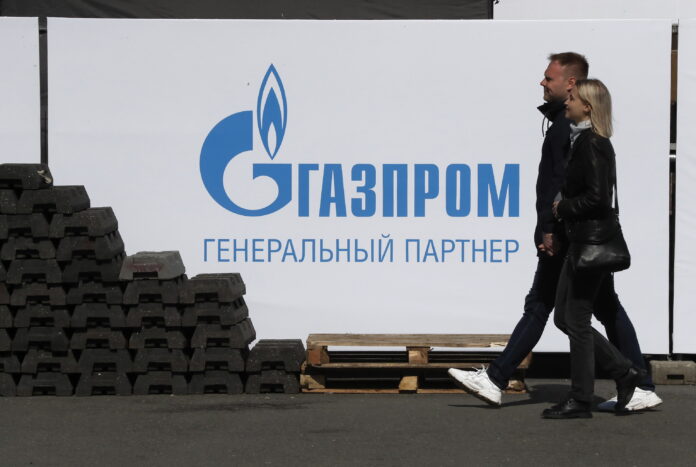The Russian energy giant Gazprom announced on Tuesday that it had suspended the supply of gas to the Dutch supplier GasTerra due to its refusal to pay in rubles, while the Ørsted company, Denmark’s main energy group, announced that the Russian giant had communicated the suspension of gas from tomorrow for the same reason.
“Gazprom has totally suspended its gas shipments to GasTerra B.V. (The Netherlands) due to non-payment in rubles,” the Russian giant announced in a statement on Telegram.
In response to the sanctions imposed by the European Union after the offensive launched in Ukraine, Russian President Vladimir Putin demanded that gas buyers from “hostile” countries pay in rubles instead of euros or dollars and from accounts in Russian banks, under threat to cut off supply.
The GasTerra group rejected these conditions and demanded respect for contractual obligations, pointing out that the payments demanded by the Kremlin posed “a risk of violating the sanctions drawn up by the European Union.”
About 15% of the gas in the Netherlands comes from Russia, which is equivalent to about 6,000 million cubic meters per year, according to the government. Gazprom’s decision means the country will not receive some 2bn cubic meters of gas between now and October, GasTerra had warned, adding that it had already anticipated this scenario by buying gas elsewhere.
Russia had previously cut off gas to Finland, Bulgaria and Poland. It will also do so with Denmark, to whom it will stop supplying gas as of tomorrow. “Gazprom Export has maintained its demand that Ørsted pay for its gas supply in rubles. Ørsted is under no obligation to do so under the contract and the company will continue to pay in euros,” it said in a statement.
The Danish company stressed that there is no gas pipeline from Russia to Denmark, so Russia will not be able to directly cut off the supply to Denmark, which reaches it through Germany, and that it will be able to access the gas on the European market, something that it considers ” possible”.
“Gazprom’s decision does not change our analysis. We still have gas in Denmark and we do not expect the situation to change. But Denmark has plans ready if it gets worse,” the Directorate General for Energy said in a separate statement.
Conforms to The Trust Project criteria








